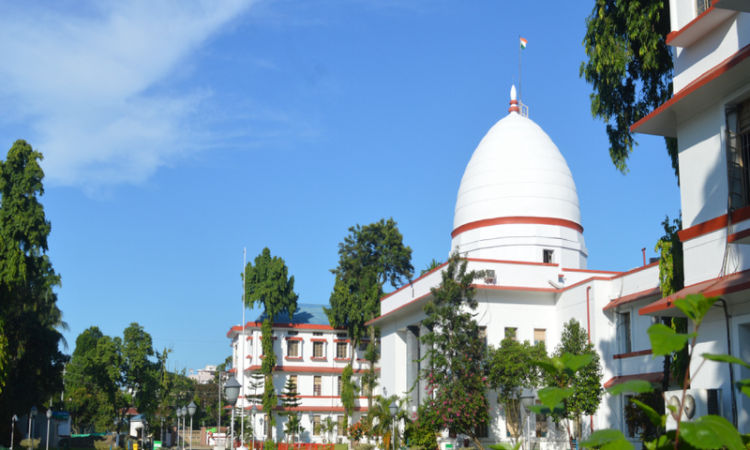Industrial Units Can't Be Discriminated For Budgetary Support Based Turnover: Gauhati High Court
Udit Singh
11 Jan 2024 1:10 PM IST

Next Story
11 Jan 2024 1:10 PM IST
The Gauhati High Court recently held that the exclusion of industrial units who were eligible to avail benefits under the NEIIPP, on the classification that they did not pay Central Excise Duty either because their annual turnovers were below the threshold limit of 1.5 crores or that they had produced items which were already exempted, cannot be permitted to be a ground to deny the benefits...
